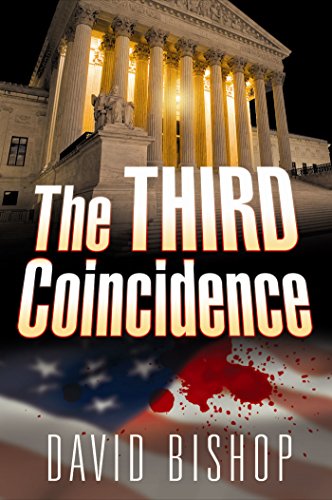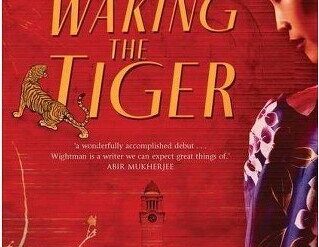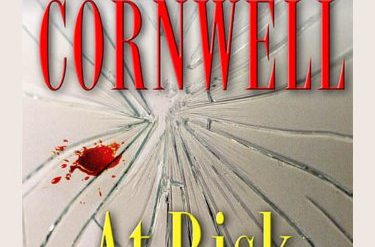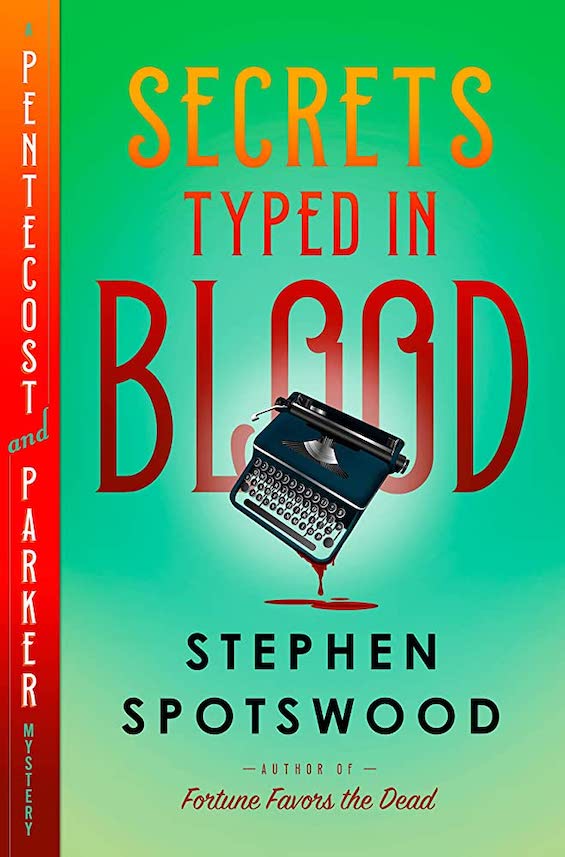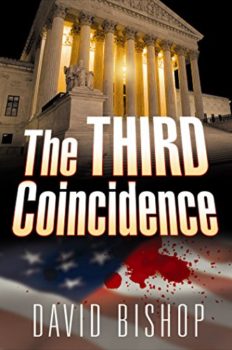
How many people have told you they really ought to write a book? Since I’ve written books, I hear it a lot. Far too many times, in fact. Because, take my word for it, most people really should not write books. And The Third Coincidence by David Bishop is a case in point.
The novel begins with a promising premise: somebody has assassinated an Associate Justice of the US Supreme Court. And it’s not long before we learn that this is far from a case of a single murder. It’s part of a harebrained scheme to upend the American political system.
Estimated reading time: 3 minutes
A promising premise quickly goes awry
Now, in the hands of a skilled thriller writer, this could have been brilliant. But instead we meet a CIA officer named Jack McCall who comes across as a latter-day James Bond. In other words, he’s simply not to be believed. Of course, there are women in the story, too. And are you surprised that they’re all beautiful as well as strong, smart, and skillful? Then we encounter “LW,” who is not just the assassin of that Supreme Court Justice but is responsible for what becomes a string of nearly twenty other murders as well. And he manages to pull this off alone in less than two weeks despite the best efforts of the United States defense and intelligence establishment and the White House.
The Third Coincidence (Jack McCall #1) by David Bishop (2012) 292 pages ★★☆☆☆
Why on earth would anyone believe this stuff? I read science fiction and am accustomed to suspending disbelief, but this is stretching the point much too far. The Third Coincidence is a hack effort of the worst sort, and, unfortunately, the perpetrator has “been listed numerous times among the 100 best selling authors of mysteries” according to his bio on Amazon. Is it reasonable to think that that many people could be suckered in by a promising premise?
I’m far from alone in reaching this judgment. As Booklist wrote in its review, “Unfortunately, what should have been a gripping story actually reads like a rushed outline. The characters are shallow, the suspense lacking, and the dialogue is not convincing at all. The great premise may still draw a few readers, but this could have been so much better than it is.”
For related reading
Check out Top 10 nonfiction books about politics and Top 20 popular books for understanding American history.
You might also enjoy my posts:
- The 15 best espionage novels
- Good nonfiction books about espionage
- The best spy novelists writing today
- Top 10 mystery and thriller series
And you can always find my most popular reviews, and the most recent ones, on the Home Page.

